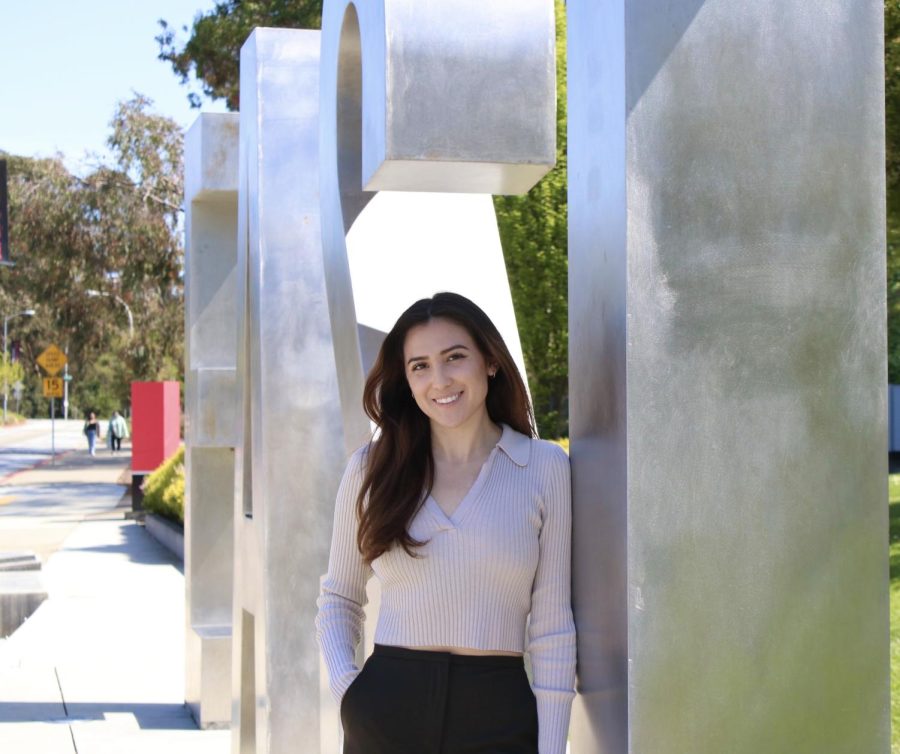If the Metropolitan Transportation Commission (MTC) has its way, every car owner in California will have to pay 10 cents for every mile they travel.
The MTC proposed the vehicle mileage traveled (VMT) tax for drivers in July 2012 using California roads and highways in order to replace California’s antiquated gas tax in nine counties of the San Francisco Bay Area. According to the plan, mileage would be tracked using a mandatory Global Positioning System (GPS) as a tool to study local green house emissions from cars.
But, if MTC’s proposal passes in its current state, not only will it open up a host of privacy concerns, but will also cause financial and ethical problems of implementing a GPS system on to cars.
In 2010, the University of Virginia reported a local VMT tax that charged drivers one cent for every mile they drive would equal the revenue the state was currently receiving from its gas tax. A two-cent per mile tax would generate enough revenue for long-term transportation projects like major highway and facility renovations.
The Pioneer applauds the efforts of the MTC for trying to create and design an innovative funding proposal to help combat the poor state of many local highways, but the potential privacy violation is too concerning to ignore.
There are a host of other options California must explore. Raising the current 18.4-cent per gallon gas tax could be the most effective solution. According to the Congressional Budget Analysis on highways in the United States, drivers would potentially use less oil, produce less pollution and all together fight global warming. Other research shows that consumers seek out fuel-efficient cars when gas prices are highest. An increase in the gas tax could fulfill the goal of improving our roads while having a positive impact on the environment.
Passenger cars emit around 271 grams of carbon dioxide per passenger per mile, according to Bikes Belong, a U.S. bicycle industry sponsored initiative with the goal of putting more people on bicycles more often. Buses can expel around 101 grams per passenger per mile and a typical Greyhound bus could seat up to 50 passengers.
If the MTC is determined to charge drivers based on mileage, there are ways to do so without violating driver’s privacy. In a world where privacy is diminishing, citizens express their need to hang onto the little they have left. Mileage, for example, could be declared to the DMV during annual registration to avoid this invasion of privacy.
For the commuters who make long drives to work five days a week, this VMT tax will potentially hit them the hardest.
While the tax does promote the study of green house emissions and the revenue of which will help our roads, on the flip side it will be discouraging people to drive long distances and in turn be detrimental to commuters who may not have a choice otherwise.
In this economy we know new taxes are politically unpopular. However, we also know that driving is a fact of life in the Bay Area, so we urge our leaders to weigh these serious privacy and environmental concerns before pursuing the VMT tax plan.









